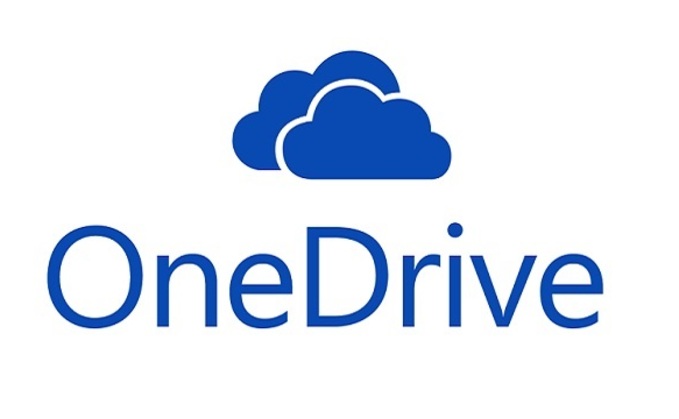
Microsoft to end OneDrive desktop app support for Windows 7, 8 and 8.1 starting next year
OneDrive desktop app running on Windows 7, 8 and 8.1 will also stop syncing files to the cloud from March 2022
Microsoft says it will not provide updates for the OneDrive desktop application running on personal Windows 7, 8, and 8.1 devices systems starting 1st January 2022. In a blog post on its Tech Co...
To continue reading this article...
Join Computing
- Unlimited access to real-time news, analysis and opinion from the technology industry
- Receive important and breaking news in our daily newsletter
- Be the first to hear about our events and awards programmes
- Join live member only interviews with IT leaders at the ‘IT Lounge’; your chance to ask your burning tech questions and have them answered
- Access to the Computing Delta hub providing market intelligence and research
- Receive our members-only newsletter with exclusive opinion pieces from senior IT Leaders





















